Tesla gear up to deploy its Full Self-Driving (FSD) software in China, with full regulatory approval inching closer after another milestone deal was struck with Chinese software giant Baidu.
This move follows a series of strategic meetings and regulatory hurdles as Tesla attempt to further integrate into China’s lucrative market.
Elon Musk’s Shock Trip to Beijing
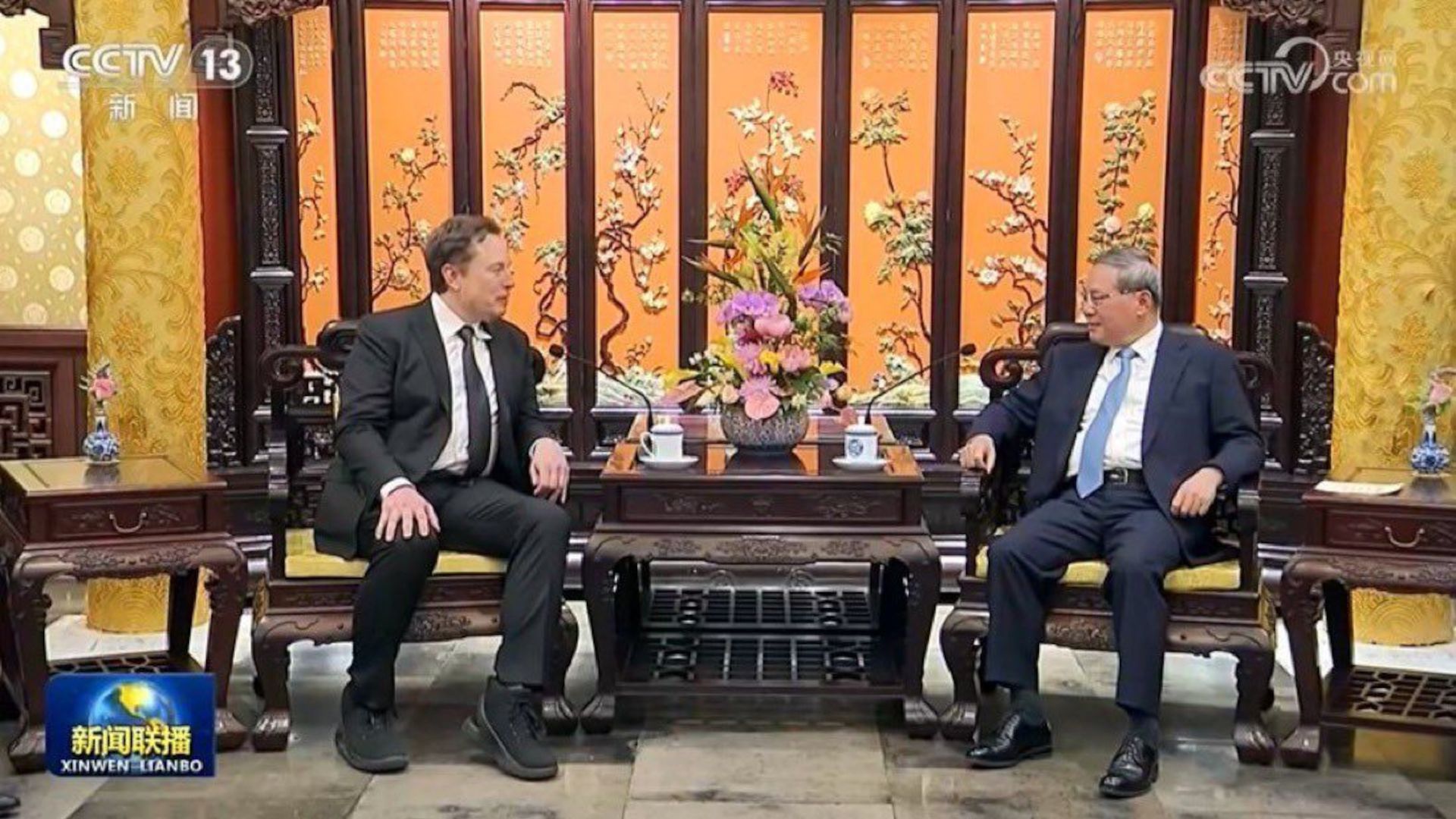
Elon Musk visited Beijing in April, a visit that was integral to the approval of FSD on the Chinese mainland and represented overcoming a crucial hurdle to this weekend’s deal.
During his unannounced trip, Musk had secured preliminary approval for the use of FSD software. He met with major figures on his trip, including the Chinese Premier Li Qiang.
Stringent Measures on Mapping
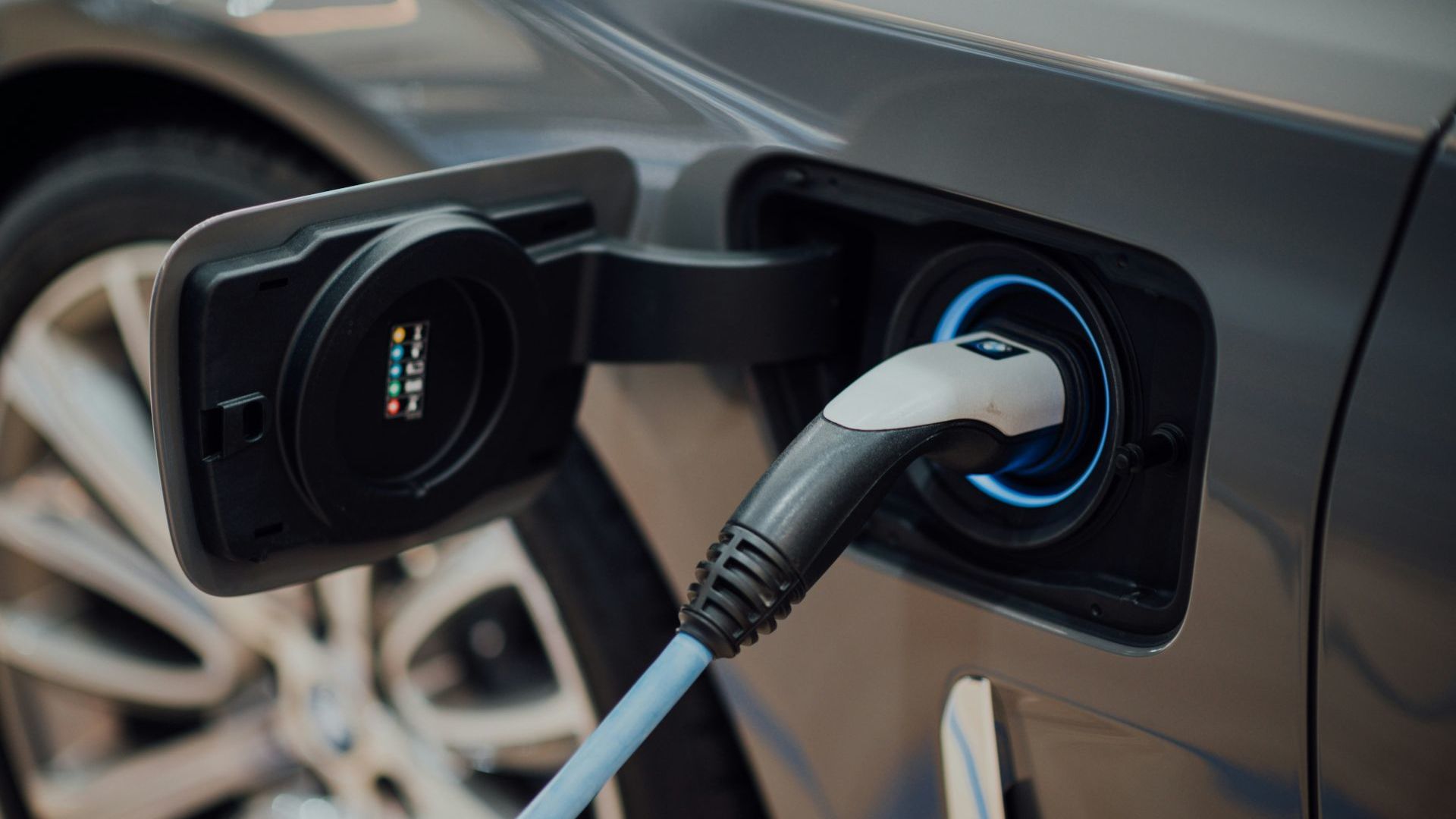
Securing regulatory approval for FSD in China has proven a headache for Tesla.
In order to comply with self-driving regulations in China, foreign car companies must partner with a local company with mapping and surveying licenses. Baidu were well-placed to provide such licenses.
The Chinese Google
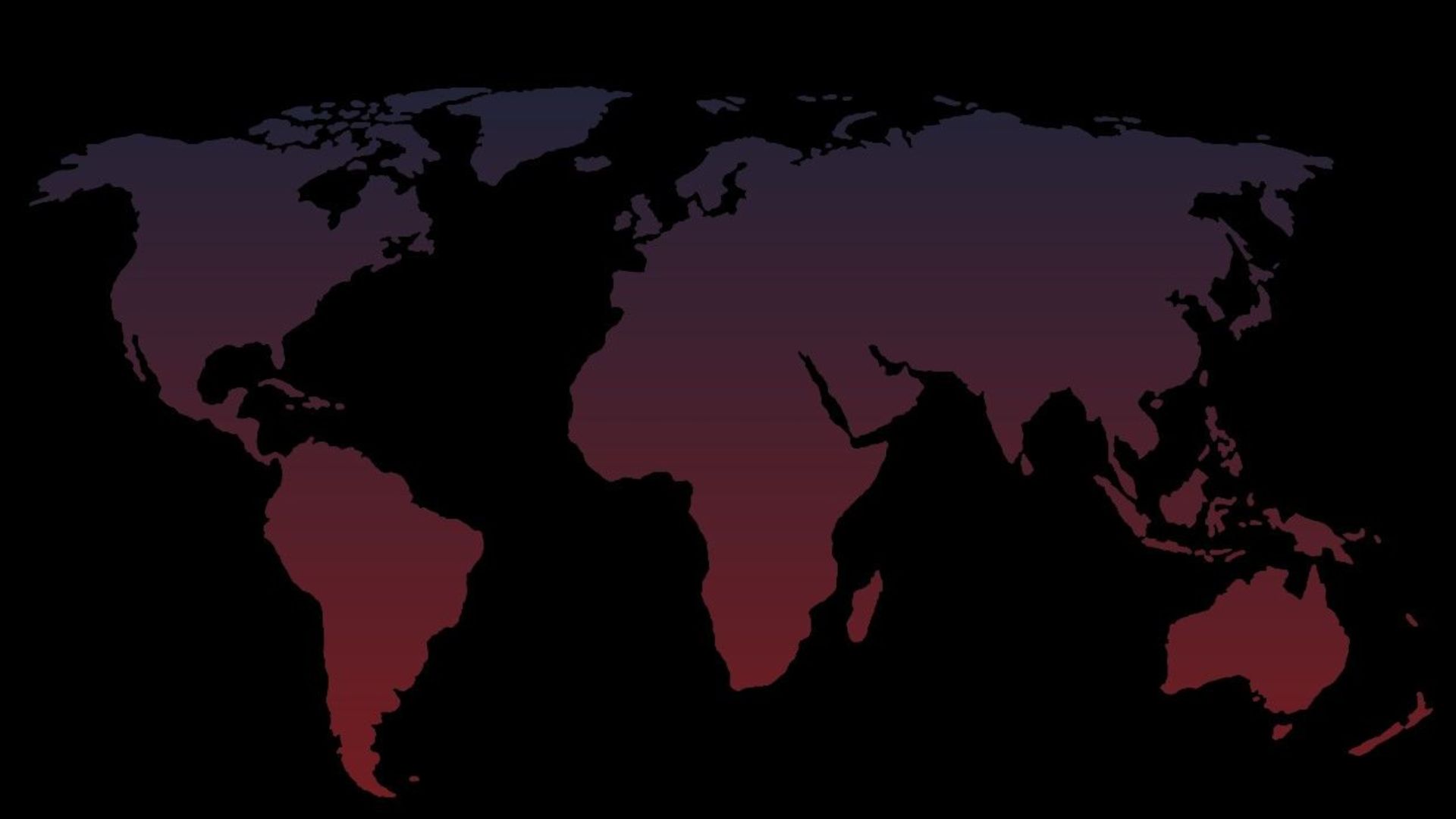
Baidu are a large, Chinese software company based in Beijing, sometimes referred to as the Chinese Google.
With Google services being censored in China, Baidu’s search engine is dominant. More importantly for Tesla, they also have extensive map data, with street-level details such as lanes and traffic lights.
Impact on Tesla’s Stock and Market Confidence
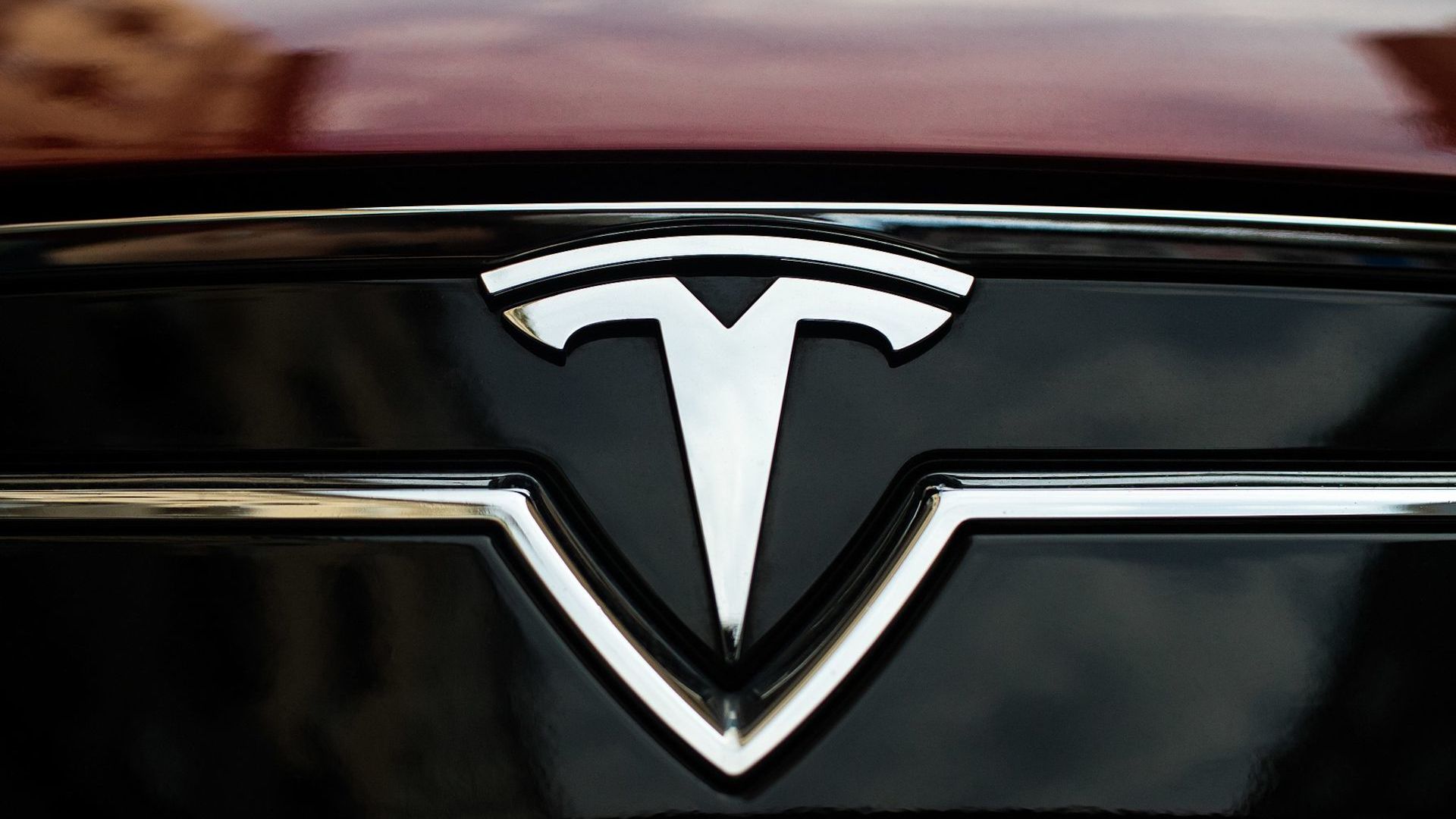
News of the regulatory green light for FSD in China back in April was a boost for Tesla’s stock.
The company’s market value surged, reflecting investor confidence in Tesla’s ability to overcome regulatory challenges and capitalize on the Chinese market. The news on Saturday may signal another boost in investor confidence.
Chinese Data Export Concerns
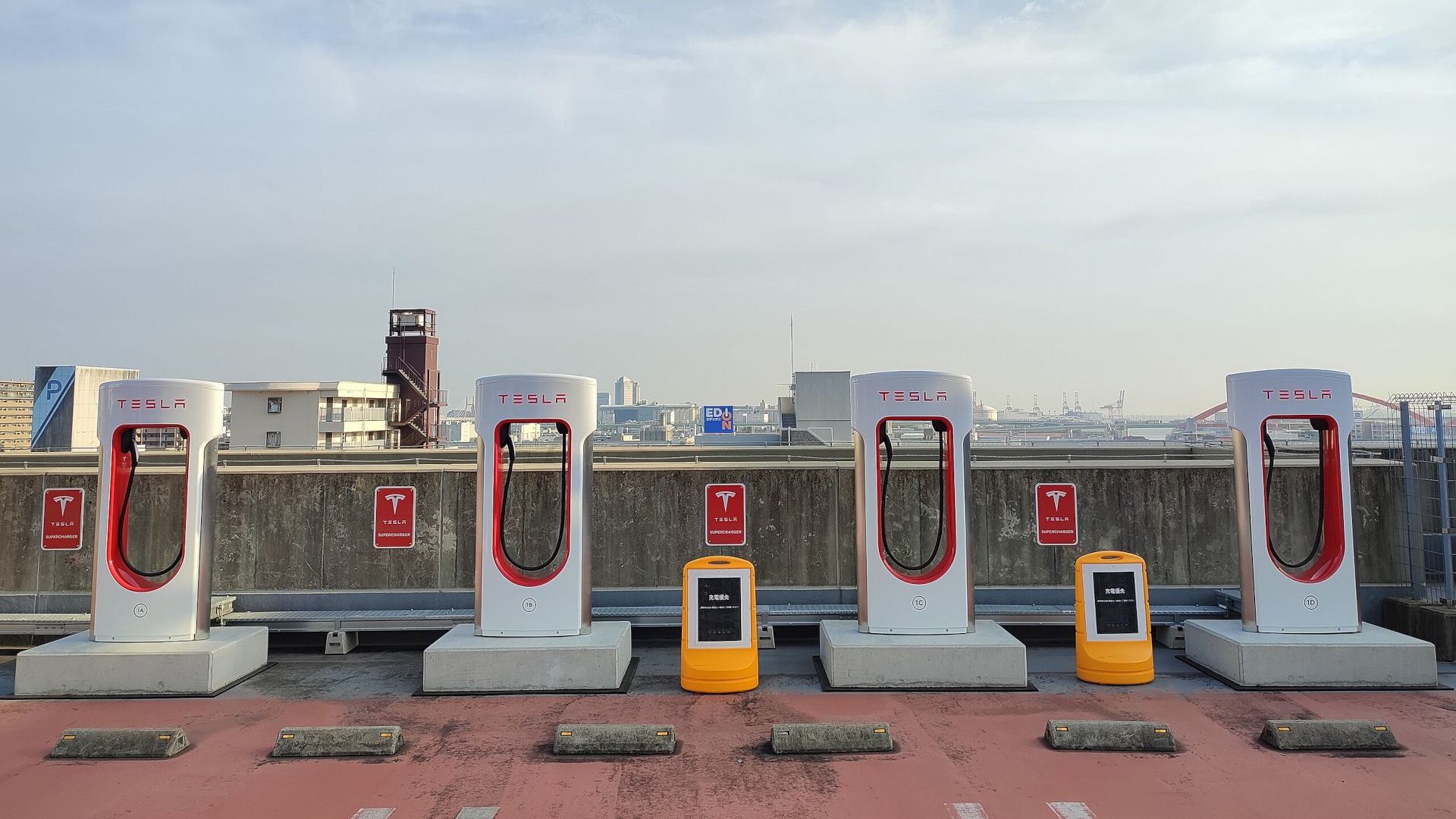
Regulations on the storing and safety of the vast amounts of data collected by Tesla cars is a major trial for the company to overcome.
Chinese regulators have proven protective of the data collected for analysis to improe autonomous driving technologies. Since 2021, Tesla has been required to store all the data it collects in its cars in Shanghai, meaning that much analysis has to be done China-side.
Competition in the EV Sector
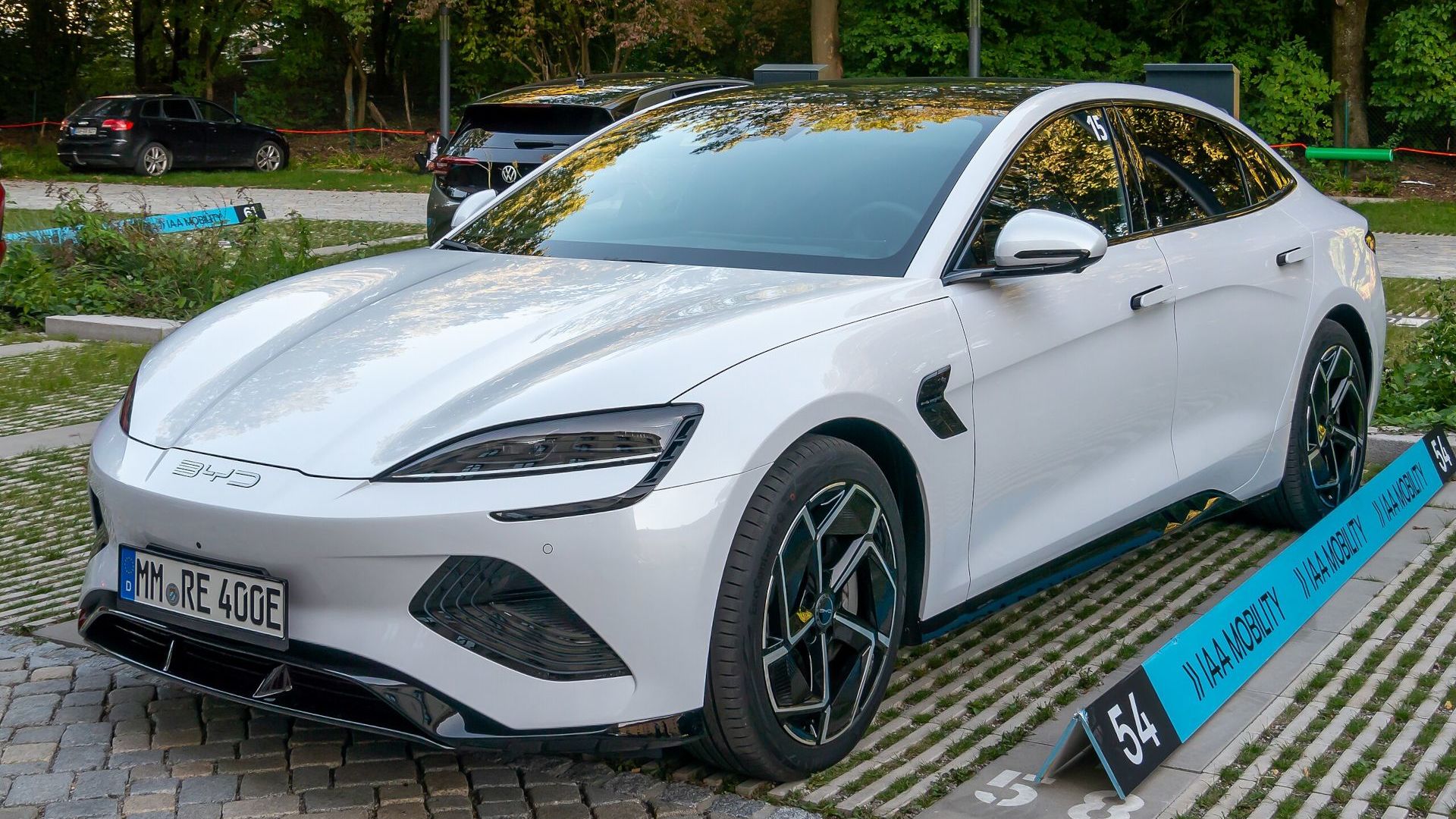
Tesla may be a highly-regarded electric vehicle (EV) manufacturer in the West, but they face stiff competition from Chinese EV companies such as BYD.
With such a massive EV market, China are, in large part, likely to determine which brands come out on top. Tesla, long the number one seller of battery-powered electric cars worldwide saw themselves fall to second place to China’s own brand BYD in the last quarter of 2023.
Tesla’s Reputation Abroad
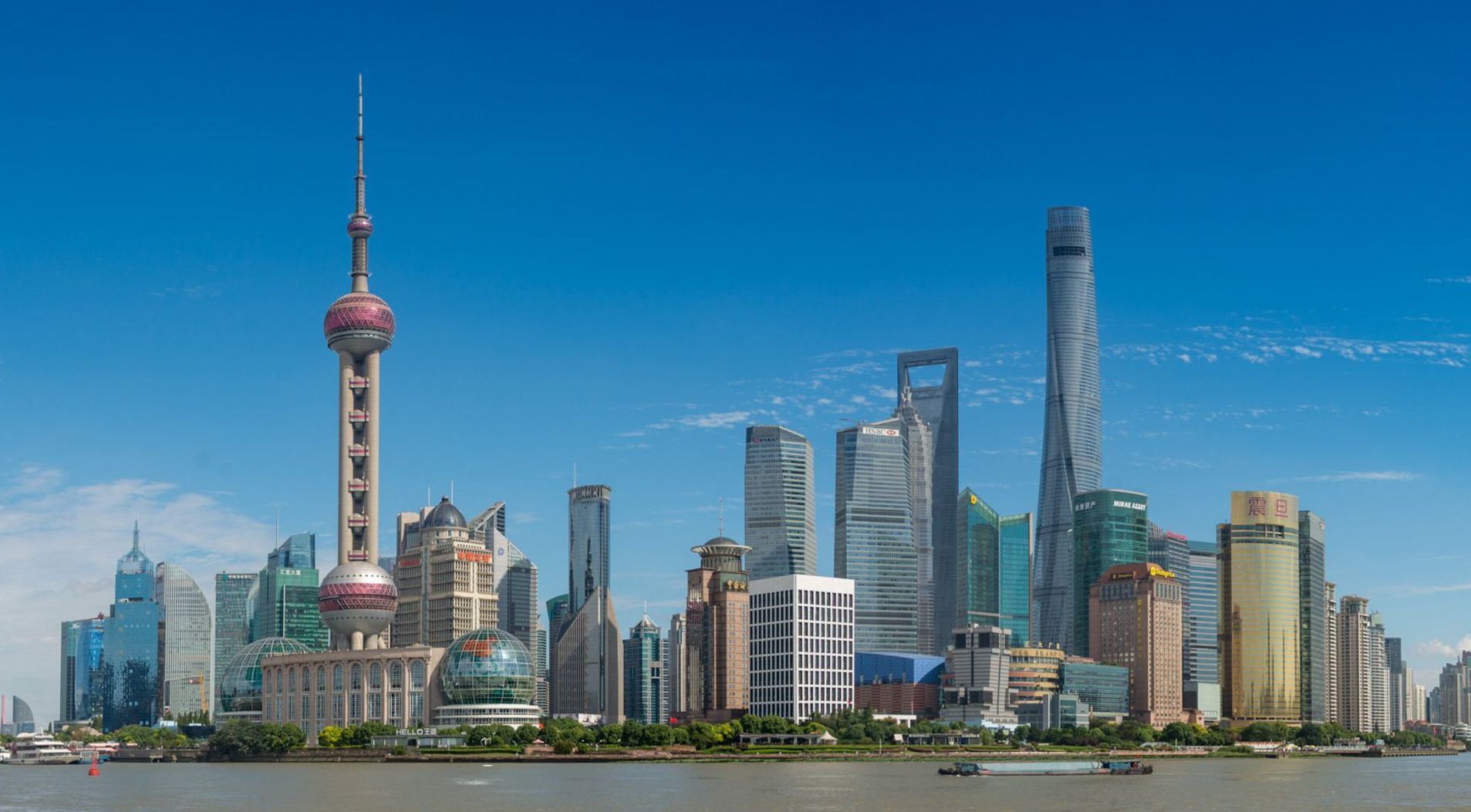
Tesla’s on-board navigation service has long been a source of ire for the Chinese public.
They have grown frustrated with ineffective guidance systems, with some netizens even resorting to using their smartphones instead to navigate. The increase in mapping data can only imporve these services in Chinese Teslas.
New Data The Difference For Drivers
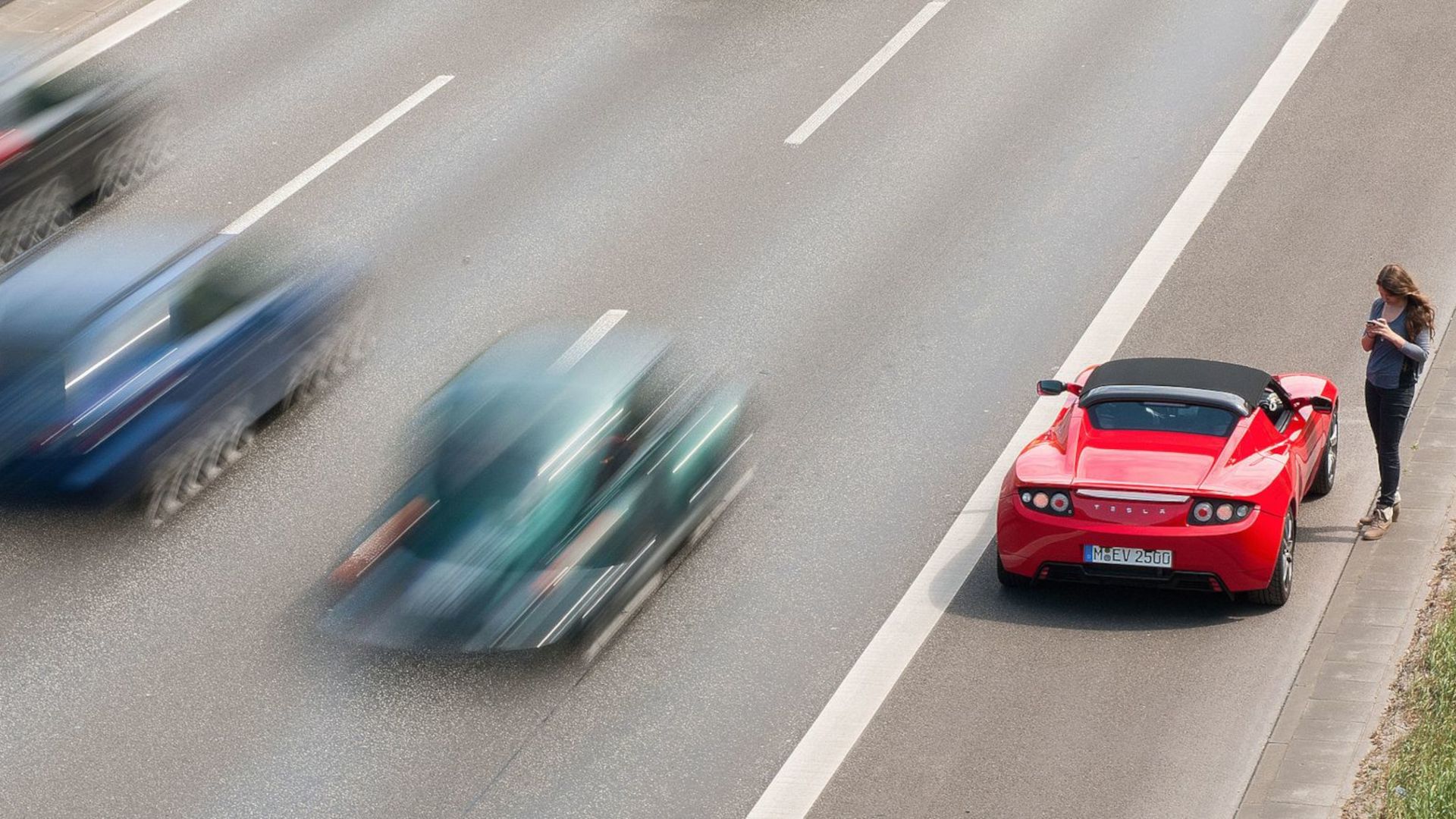
The new mapping data may make a world of difference for Tesla drivers travelling on Chinese roads.
The Saturday deal means that Tesla, via Baidu, can now offer ‘lane-level’ navigation services, which means detailed recommendations during driving to improve safety.
Tesla Still With Some Catching Up To Do
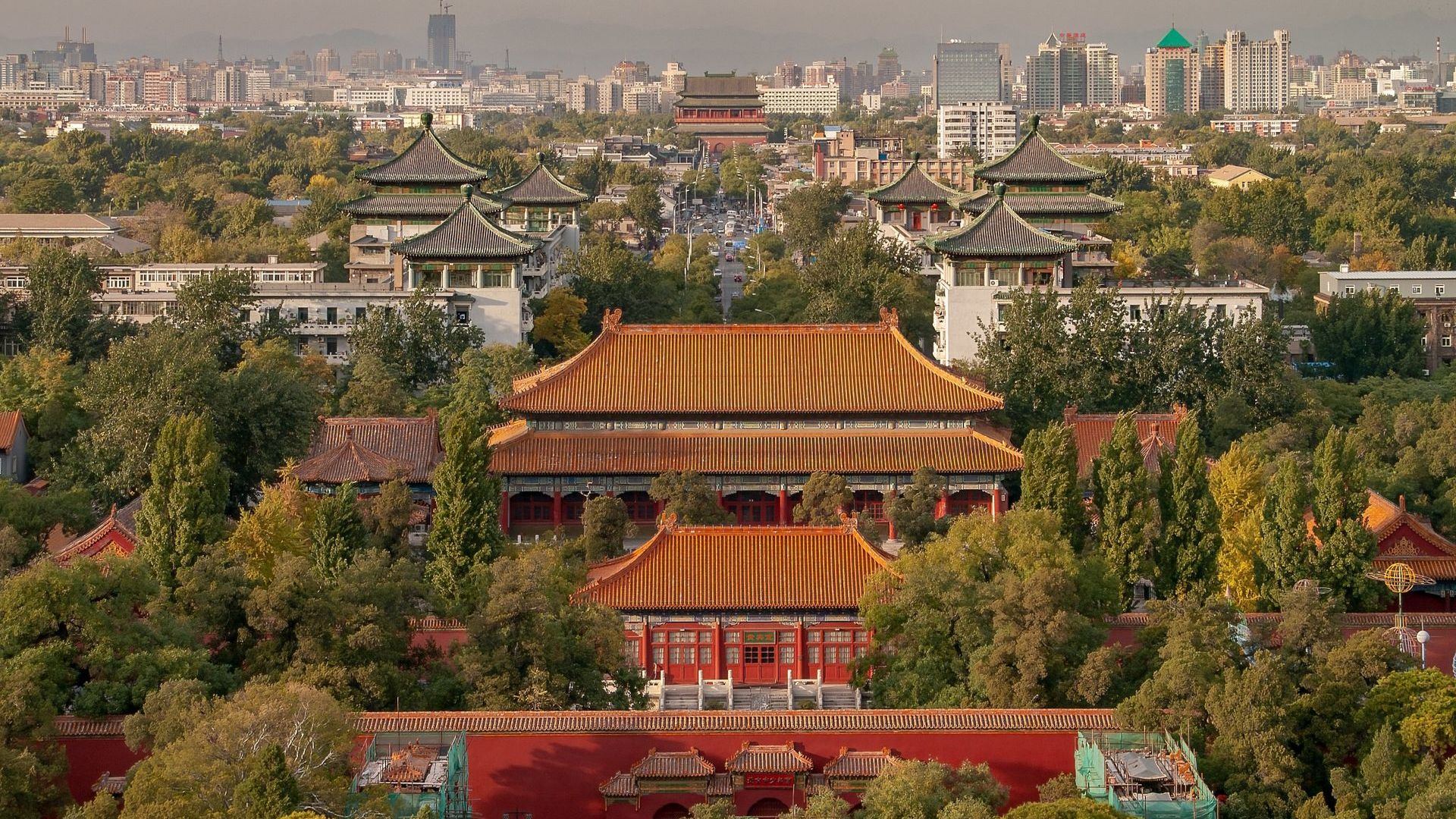
Looking ahead, Tesla will hope to launch FSD in the Chinese market, but they still lag behind their competitors in some key areas.
Nine Chinese electric car brands were accepted for level 3 self-driving trials last November, which enables drivers to drive without touching the steering wheel. Tesla have only recently gained approval for level 2 self-driving capabilities in China.


